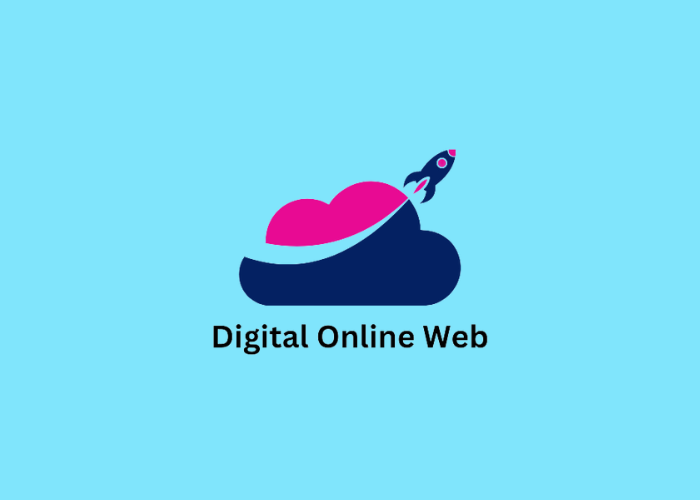Realistically, there are many ways to cover anything, but a business owner looking for quality manual organic traffic growth will find it a deep dive — for lack of ways to win the competition. With that in mind, whatever the need is, we’re always here. Markedly, we’re a group of unassuming teams with a belief that you’re the most knowledgeable person in your business.
Keep in mind, there’s so much to achieve together — when we unite forces. Generally, you provide all the finances, while we offer intuitive seamless solutions support. Notwithstanding, we create high-end applications, agile software built-in websites, top-notch brands, and sellable products. In a nutshell, our digital online web represents a platform designed by marketers for all users.
Specifically, to be incredibly intuitive and easy to use. At the same time, we deliver quality content through a great host making us more productive and competitive. Furthermore, we are also authors of hundreds of success stories. At length, we are also grizzled veterans carrying over experience in customizing mobile apps and web business solutions for marketplace stores.


